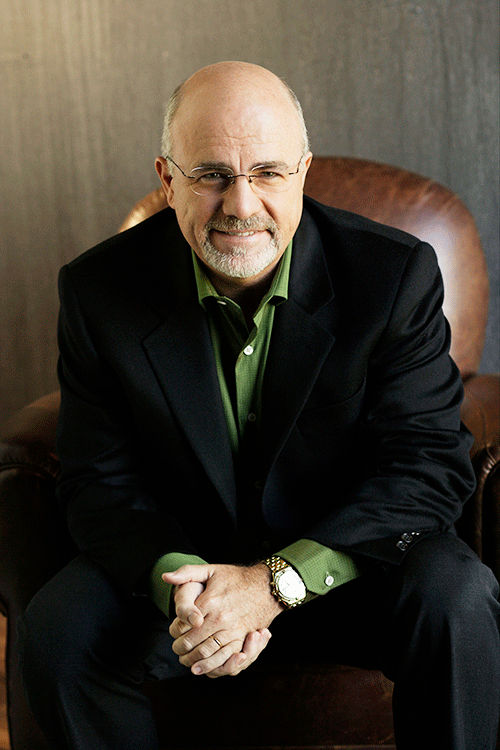
Smallest to largest
Dear Dave,
I’m on Baby Step 2, and I’m working hard to get out of debt. My last two debts are $6,000 on a credit card, and $10,000 on a car loan. I’ll be receiving a $6,000 bonus at work in a couple of weeks, and I was wondering what to do with the money. I’m single, and I make about $45,000 a year, so should I sell the car and get rid of some debt that way, or use the extra money to completely pay off the credit card debt?
Aaron
Dear Aaron,
Just remember the debt snowball—pay off your smallest to largest. In your case, that means knocking out the credit card debt completely, and then attack the car loan with a vengeance. It will be a lot easier once you’re rid of that credit card debt. A $10,000 car with a $45,000 income isn’t unreasonable, but don’t mess around and let that note hang around longer than absolutely necessary.
My rule of thumb when it comes to things with motors, wheels—I’m talking about big toys, here—is when they’re all added together, they shouldn’t equal more than half your annual income. You don’t want that much money wrapped up in things that are going down in value. You’re in no danger of that here, but at this point you’re so close to being debt-free you can practically taste it.
Follow the plan, Aaron. And stay focused and intense about becoming debt-free. You’re almost there!
—Dave
Keep the homeowner’s insurance
Dear Dave,
Recently, I made a claim on my homeowner’s insurance for hail damage. It was my first claim ever. Since I’m retired and completely debt-free—including my home—and have over $1 million in the bank, is homeowner’s insurance still a good idea? The house is insured for $250,000, with a $5,000 deductible, and the insurance is about $1,200 a year.
Mary
Dear Mary,
You’re obviously in good financial shape, but I’d still recommend you have an up-to-date homeowner’s insurance policy. If something happened to my home or one of my rental properties, I could write a check and replace any of them. But I still have homeowner’s insurance on every single one.
It’s just good risk management to transfer the chances of a fire, tornado, or other catastrophic events to homeowner’s insurance. If something disastrous happened, you could write a check to cover the deductible with no problem. But writing a check for $250,000? You’d feel that one. Keep the policy, Mary!
—Dave
* Dave Ramsey is a seven-time #1 national best-selling author, personal finance expert, and host of The Ramsey Show, heard by more than 18 million listeners each week. Hehas appeared on Good Morning America, CBS This Morning, Today Show, Fox News, CNN, Fox Business, and many more. Since 1992, Dave has helped people regain control of their money, build wealth and enhance their lives. He also serves as CEO for Ramsey Solutions.